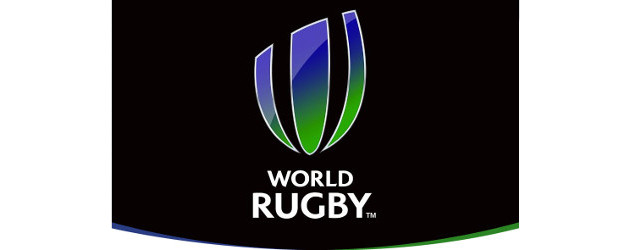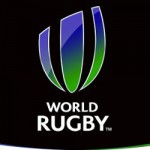World Rugby rolls out record testing programme in 2014
More anti-doping tests were carried out by World Rugby last year than at any other point since testing began, underlining its commitment to maintaining a level playing field in the game.
Rugby’s governing body has long believed in the preventative power of education to back-up its targeted testing programmes and delivered mandatory education workshops to 3,377 players, coaches and staff through its Keep Rugby Clean programme in 2014.
World Rugby collected a total of 2,021 samples last year. The programme, which included a further increase in blood and urine testing, saw two anti-doping rule violations with a further two cases pending. The 2014 World Anti-Doping Agency (WADA) figures are still pending.
Last year World Rugby began its Athlete Biological Passport (ABP) programme, monitoring individual biological profiles collected in urine and blood over time. The ABP looks for changes in the profiles that may indirectly indicate doping and allows for better targeting of players for specific analysis.
In- and out-of-competition testing at World Rugby’s flagship tournaments included Rugby World Cup 2015 qualifiers, Women’s Rugby World Cup 2014, HSBC Sevens World Series, World Rugby Women’s Sevens Series, World Rugby U20 tournaments and age-grade rugby.
[youtube 0Jp1xLRjnks]
World Rugby is committed to blood and urine testing across its portfolio of events, with an extra focus on targeted out-of-competition testing, with two-thirds of all tests taking place out of competition last year.
At the heart of the programme has been World Rugby’s commitment to education, with the figures following the announcement that a record 7,000 players, coaches and staff took part in either face-to-face or online anti-doping education in 2014.
World Rugby CEO Brett Gosper said: “Rugby is founded on fair play and the promotion of a level playing field for all. World Rugby is fully committed to a zero-tolerance attitude towards drug cheats in our sport.”
World Rugby Anti-Doping Manager for Testing and Education Ilaria Baudo said: “Blood testing and biological passports are an integral part of a targeted testing programme that continues to be based on assessment of risk factors.
“This is helped by our commitment to working with national anti-doping organisations (NADOs) around the world, which has allowed us share information and get better results.”
Additionally, 60 blood passports were recorded last year but were not included in the overall numbers. A Moldova player who tested positive for the anabolic steroid 19-norandrosterone was suspended for two years. A Sri Lanka player, who’s sample contained the banned substance prednisolone, was handed a six month ban. Two further cases are still pending hearings.




